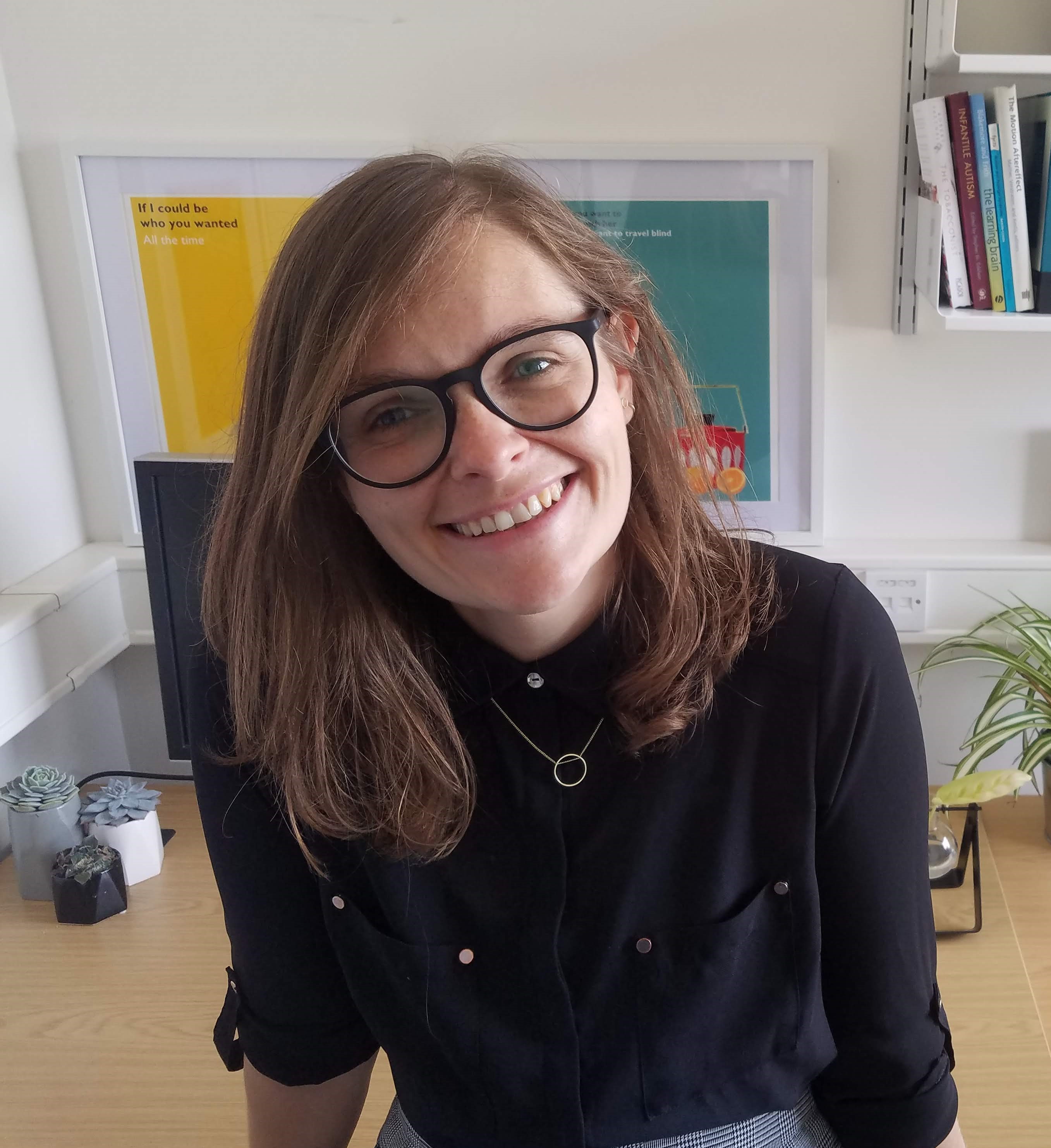
SCSB Colloquium Series – The computational psychiatry of autism: perception, prediction and learning
Description
Date: Wednesday, November 4, 2020
Location: Zoom Webinar – Registration Required
Register in advance for this webinar: click here
* After registering, you will receive a confirmation email containing information on how to join the webinar.
Speaker: Rebecca Lawson, Ph.D.
Affiliation: Lecturer, Principal Investigator, University of Cambridge, UK
Host: Dr. Anila D'Mello
Talk title: The computational psychiatry of autism: perception, prediction and learning.
Abstract: Autism is a neurodevelopmental condition with a complex genetic basis that affects how people interact with the social and the non-social environment. Prominent psychological theories of autism have suggested that the core cognitive difficulty concerns the ability to process context, but there’s a lack of clarity about what “context” actually means. Computational approaches give us the tools to formalise how sensory and neural processes are contextualised across space and time. In this talk I will first outline a general computational account of autism spectrum disorder that is rooted within Bayesian inference. I will then present the findings from a series of recent studies examining differences in how autistic people process and learn about different kinds of context, and how this might lead to sensory difficulties and cognitive (in)flexibility in the face of uncertainty. I will conclude by describing how we might employ computational methods to understand the developmental origins of neuropsychiatric conditions more generally.

